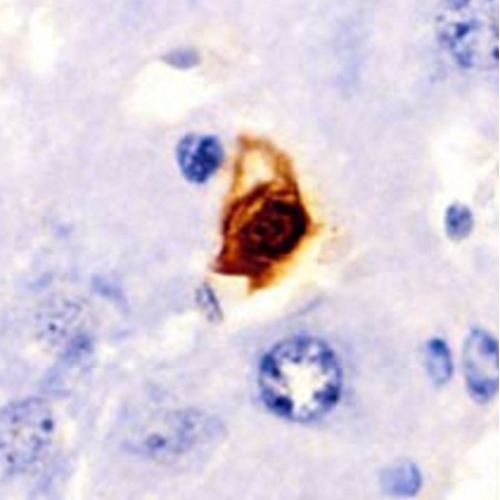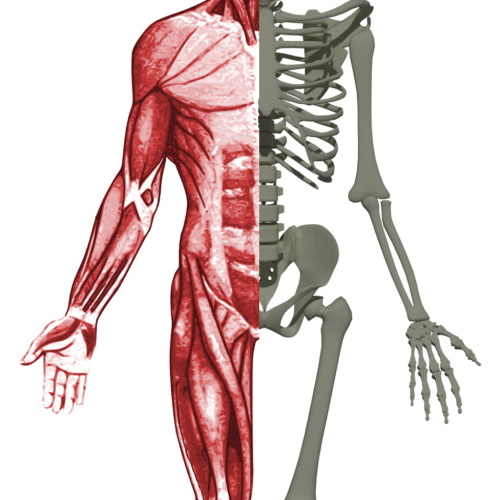Key points from article :
Early long-term treatment of mice with dasatinib and quercetin (D + Q) alleviates intervertebral disc degeneration.
Rodents received regular doses of D + Q: 6, 14, and 18 months.
Most effects were observed in mice that received D + Q at the age of 14 months.
Decreased cellular senescence and age-related inflammation, preserved healthy ECM, limited aggrecan degradation, reduced fibrosis, and preserved cellular phenotype in the disc fluid.
Treatment was well-tolerated, but did not result in any meaningful increase in the life expectancy.
Increased grip strength, indicate a positive effect on healthspan (less frailty).
No difference in the knee joints, senescence markers and bone density.
Differential effects on aging pathologies based on skeletal tissue type and starting point of treatment.
If administered during a therapeutic window for senolytic intervention, D + Q might produce meaningful improvements.
Study led by Makarand Risbud from Thomas Jefferson University, published in Nature Communications.






